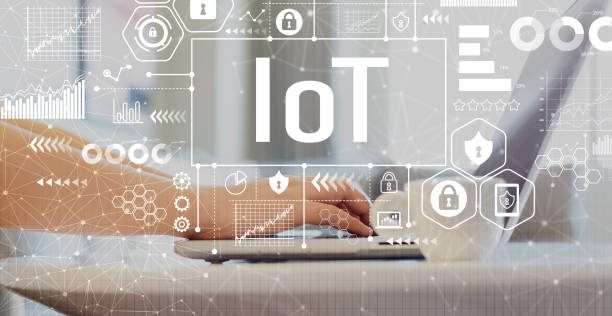The Internet of Things (IoT) plays a vital role in digital transformation for businesses across various sectors. By connecting devices, vehicles, and infrastructure embedded with sensors and software, IoT enables seamless data exchange and real-time monitoring. This connectivity accelerates innovation, operational efficiency, and smarter decision-making.

In manufacturing, IoT devices track production lines to reduce downtime and increase output quality. Healthcare providers benefit from IoT by remotely monitoring patients’ health, improving care, and minimizing hospital visits. Retailers utilize IoT to manage inventory, optimize supply chains, and personalize customer experiences with data-driven insights.
A key advantage of IoT in digital transformation for businesses is its ability to collect and analyze vast data volumes. This allows companies to detect patterns and predict maintenance needs, preventing costly breakdowns and enhancing productivity. For example, manufacturers can schedule repairs before equipment failure, ensuring smoother operations.

Moreover, IoT connects devices, systems, and people in new ways, fostering collaboration and creating innovative business models. Companies can gather customer data from IoT devices to improve product design and create stronger customer relationships. These new ecosystems open avenues for additional revenue streams.
However, security remains a significant concern in IoT adoption. Protecting sensitive data and preventing unauthorized access are critical. Businesses must implement robust security measures and comply with data privacy regulations to safeguard their digital transformation journey.

To fully leverage the potential of digital transformation for businesses through IoT, companies need to balance technological advancement with security considerations. By doing so, they can unlock new growth opportunities and maintain competitive advantage in today’s fast-evolving digital landscape. Furthermore, investing in scalable IoT solutions and employee training ensures sustainable innovation and resilience against emerging cyber threats. Adopting a proactive approach to data privacy and system integration will help organizations maximize ROI while building customer trust and regulatory compliance.







